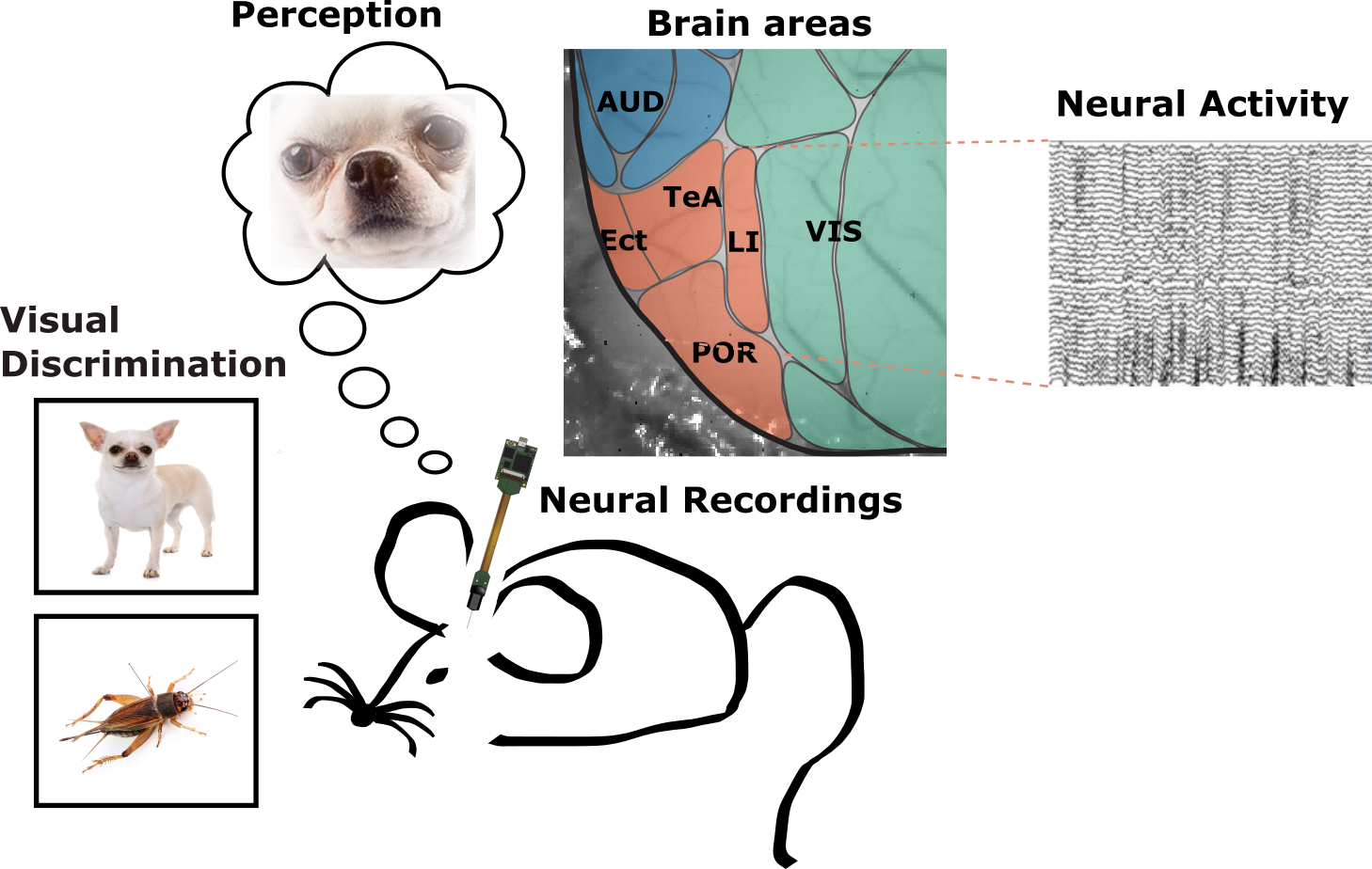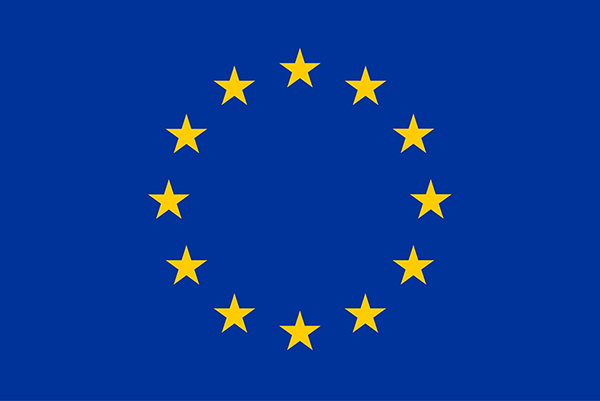Neuroception is a Marie Skłodowska-Curie Individual fellowship between
the Systems Neuroscience Lab of the Institute of Molecular Biology and Biotechnology (IMBB) at FORTH in Heraklion, Crete, Greece and
the Andreas Tolias Lab of the Neuroscience Department at Baylor College of Medicine (BCM) in Houston, TX, USA.
Mission of the project
Neural pathways from recognition to perception
Object recognition is essential to our interaction with the external world. Our brain is able to effortlessly identify objects even under the highly dynamic conditions of natural vision. This is a remarkable achievement of our visual system. Nevertheless, how the brain creates invariant object representations in the perceptual/visual domain remains elusive.
In this project, we will combine novel large-scale electrophysiological recordings and advanced behavioral methods to investigate the neural information processing in higher cortical areas during object recognition. Specifically, we aim to:
investigate how cortical representations of visual stimuli progressively evolve across the cortical hierarchy to incorporate semantic information, using large-scale recordings with Neuropixels probes while mice are engaged in a visual discrimination task.
characterize the selectivity of the neuronal populations in each cortical area, using a deep-learning approach to model the neural responses of single cells to optimal stimuli.
resolve how dynamic inter-areal interactions shape the neural representations of visual stimuli with statistical modelling and advanced neural data analysis techniques.
Collectively, these objectives are an unprecedented attempt to disentangle the roles of different higher cortical areas in object recognition. This is fundamental towards enhancing our understanding of how the brain solves perceptual inference. Moreover the multidisciplinary nature of this project will provide a holistic understanding of natural vision during ethologically relevant behaviors. Our findings will also motivate new artificial vision algorithms with improved object recognition capabilities under highly dynamic visual conditions. Particularly, the use in assistive devices for blind people will have major social impacts by improving their mobility, quality of life and reducing their dependency on the society.

Questions?
Contact Maria to get more information on the project

This project has received funding from the European Union’s Horizon 2020 research and innovation programme under the Marie Sklodowska-Curie grant agreement No 101025482.
.